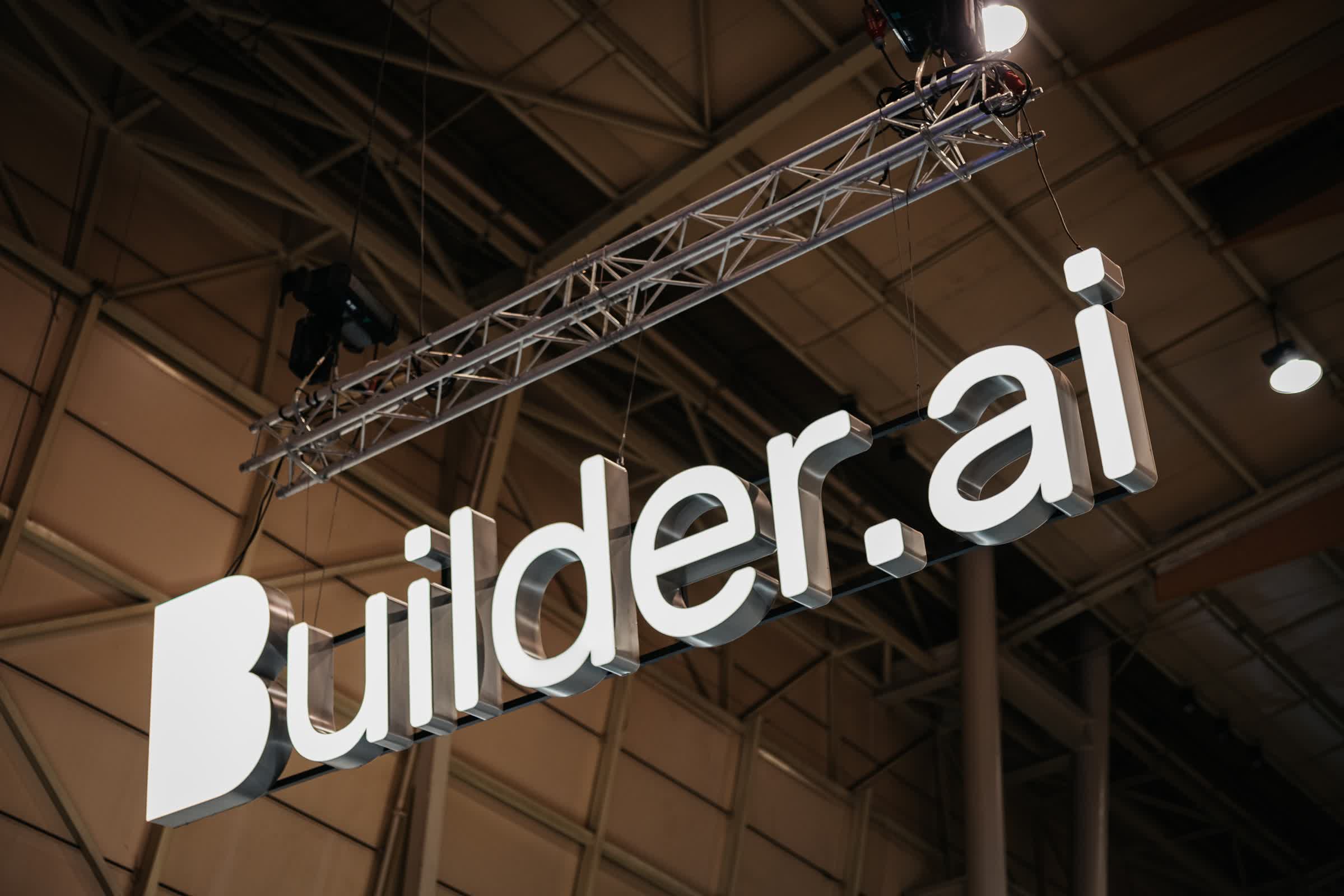Cutting corners: Builder.ai promised to revolutionize software development with artificial intelligence – and convinced deep-pocketed investors it had. Backed by Microsoft and valued at $1.5 billion, the startup masked manual labor as machine learning until the facade crumbled, leaving behind lawsuits, layoffs, and one of the industry's most embarrassing collapses.
Builder.ai has collapsed under the weight of several deceptions, ending the rise of a British startup once heralded as a pioneer in democratizing software development. Valued at $1.5 billion in 2023 with backing from Microsoft and Qatar's sovereign wealth fund, the company filed for bankruptcy protection this week after revelations that its "AI-powered" platform relied on hundreds of engineers in India while executives allegedly orchestrated a years-long financial deception.
For eight years, Builder.ai marketed its "Natasha" AI system as a fully autonomous tool that could build software "as easily as ordering pizza." However, internal documents and employee accounts reviewed by Bloomberg paint a sharply different picture. Engineers in Noida and Bangalore manually coded client projects while being instructed to mimic AI-generated responses.
"We were told to never mention our location or use Indian English phrases," said a former Bangalore engineer.
The team timed updates to UK business hours to maintain the illusion of automation.

The company's downfall accelerated in April 2025 when Bloomberg exposed a round-tripping scheme with Indian social media firm VerSe Innovation. From 2021 to 2024, the two companies exchanged nearly identical invoices totaling millions of dollars for services never rendered, artificially inflating Builder.ai's revenue by up to 300 percent. Audits later revealed 2024 revenues totaled just $55 million – a fraction of the $220 million projected to investors. VerSe co-founder Umang Bedi denied the allegations, calling them "absolutely baseless."
Microsoft's $455 million investment in 2023, including plans to integrate Builder.ai's technology with Azure, now stands as a cautionary tale. The partnership fell apart when creditor Viola Credit seized $37 million from Builder.ai's accounts after uncovering inflated financials, leaving only $5 million in restricted funds. The startup also owes $85 million to Amazon and $30 million to Microsoft for cloud services.
The US Attorney's Office for the Southern District of New York has subpoenaed financial records and customer lists as part of a widening probe into potential securities fraud. Separately, the SEC is investigating whether Builder.ai misrepresented its technological capabilities to investors. Internal Slack messages show executives directing staff to "minimize visibility" of human labor in investor materials.
"Positioning must focus on our proprietary AI – human labor isn't part of the story," a 2022 internal memo stated.
Founder Sachin Dev Duggal, who styled himself Chief Wizard, resigned as CEO in February 2025 amid mounting losses and relocated to Dubai. His replacement, Manpreet Ratia, disclosed that the company laid off approximately 80 percent of its global workforce – about 1,000 employees. The insolvency marks the most significant AI startup failure to occur since ChatGPT's breakthrough debut in 2022, underscoring growing scrutiny of "AI washing" across the tech sector.
